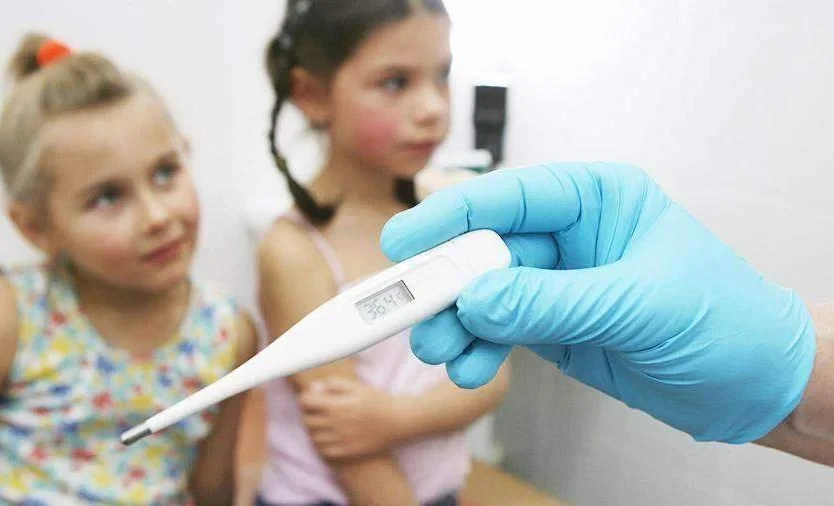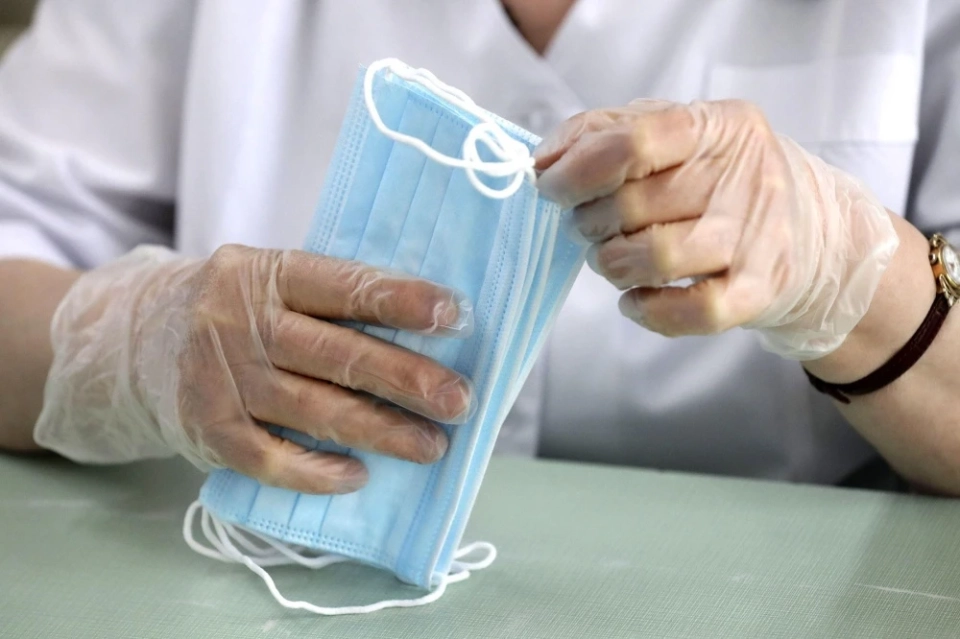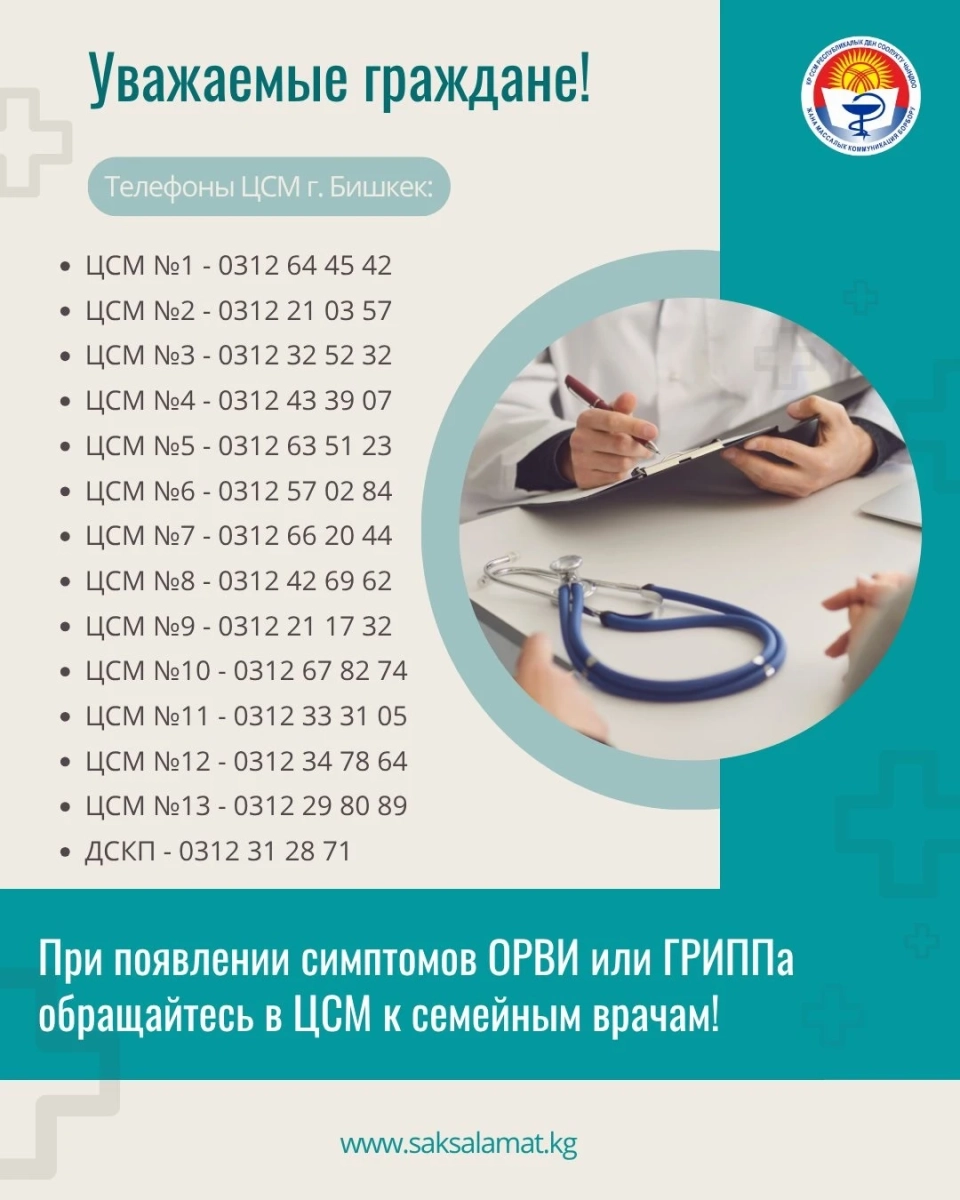Laboratory analyses show that the predominant virus is influenza A/H3N2 (Hong Kong flu) — 91.3%, as well as influenza B — 3.8% and COVID-19 — 4.8%. Additionally, there is a noted spread of acute respiratory viral infections: rhinovirus — 28.9%, adenovirus — 24.4%, parainfluenza I-IV — 20%, RSV virus — 6.7%, with others making up 20%.
Currently, monitoring of school attendance and the educational process is being conducted throughout the republic.
Considering the onset of the influenza epidemic season, experts recommend the following precautions:
- Avoid large gatherings of people, such as concerts and shopping centers, and reduce the use of public transport whenever possible.
- Wear medical masks that should fit snugly to the face and be changed every two to three hours or when wet.
- At the first signs of illness, stay at home; children should not attend school or kindergartens to prevent the spread of infection.
- Consult a doctor for prompt and adequate treatment depending on the patient's condition and age.
- Ensure respiratory hygiene: when coughing and sneezing, use disposable tissues and cover the mouth and nose with the elbow, not the hand.
- Use hand sanitizers after going outside, traveling on public transport, and visiting crowded places.
- Regularly ventilate rooms — at least three to four times a day for 10-15 minutes.
- Follow bed rest, as carrying influenza "on your feet" is dangerous due to the high likelihood of complications.
- Isolate the sick person by assigning them a separate room, if possible.
- Use separate dishes and towels, wash and disinfect them separately.
- The situation with the epidemic remains stable, and monitoring continues.















